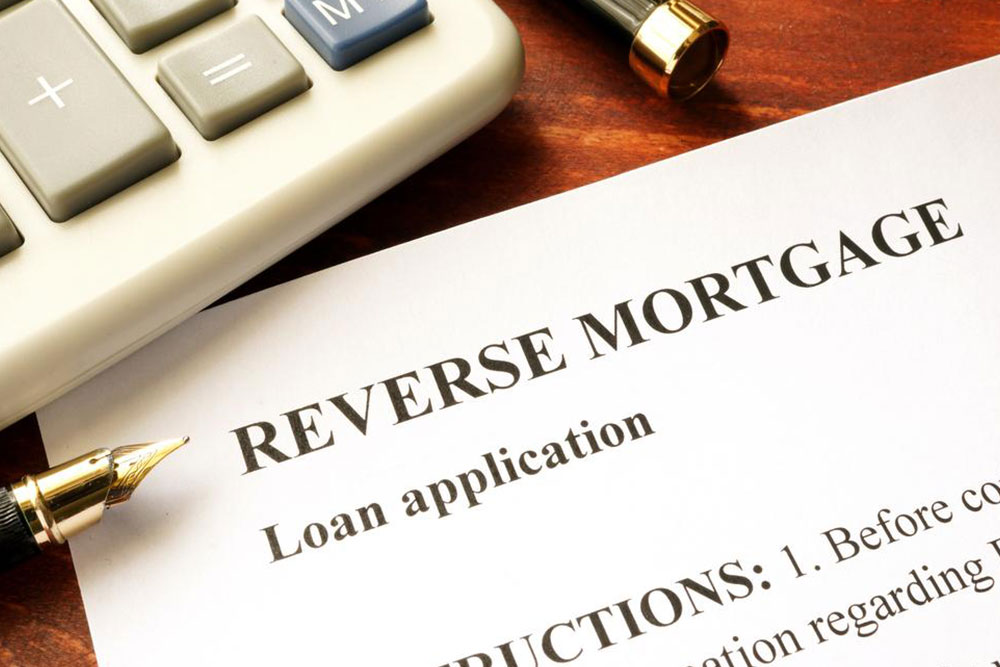Comprehensive Guide to Self-Directed IRA Providers and Investment Opportunities
This comprehensive guide explores self-directed IRA providers, highlighting investment options like real estate, startups, and alternative assets. It covers regulatory history, key companies, and tips for choosing the right provider to diversify your retirement portfolio effectively.

An In-Depth Look at Self-Directed IRA Providers and Their Investment Options
In recent years, there has been a significant surge in the popularity and demand for self-directed IRA services among investors looking to diversify their retirement portfolios. These specialized providers are transforming the traditional IRA landscape by granting investors greater control over their investment choices. Unlike conventional IRAs that are often limited to stocks, bonds, and mutual funds, self-directed IRAs open up a world of alternative investment opportunities, including real estate, private equity, startups, peer-to-peer (P2P) lending, mortgage notes, and other alternative assets.
The appeal of self-directed IRAs lies in their flexibility and the ability to target investments that may offer higher returns or align more closely with an investor's specific interests and expertise. However, managing a self-directed IRA requires a good understanding of the associated tax considerations, legal regulations, and diligent oversight to avoid costly mistakes. The responsibility of handling such investments efficiently falls primarily on the investor, emphasizing the importance of education and careful planning.
Technology and the growth of online platforms have significantly simplified the process of managing self-directed IRAs. These digital solutions enable investors to perform transactions quickly, access diverse investment options, and monitor their accounts seamlessly. Crowdfunding platforms for startups and real estate projects, peer-to-peer lending networks, and alternative asset marketplaces are now integrated into many self-directed IRA providers’ services, making them more accessible than ever before.
Self-directed IRAs have been recognized by the IRS since 1974, but it was only in 2001 that regulations explicitly permitted their more flexible use for a broader range of investments. This regulatory development has paved the way for numerous companies specializing in self-directed IRA services, including industry leaders like Accuplan, Broad Financial, and Equity Trust. These companies provide custodial and administrative support, ensuring compliance with all legal requirements while enabling investors to pursue their desired portfolios.
Choosing the right self-directed IRA provider involves evaluating factors such as fees, available investment options, customer support, technology platform usability, and reputation. Investors should conduct thorough research and possibly consult with financial advisors experienced in alternative investments to maximize the benefits of their self-directed IRAs.
As the trend toward diversified and alternative investments continues to grow, understanding how to leverage self-directed IRA providers effectively can be a powerful tool in building a resilient and high-yield retirement plan. Whether you are an experienced investor or just beginning to explore alternative assets, self-directed IRAs offer an expansive avenue for achieving your financial goals with greater control and flexibility.





